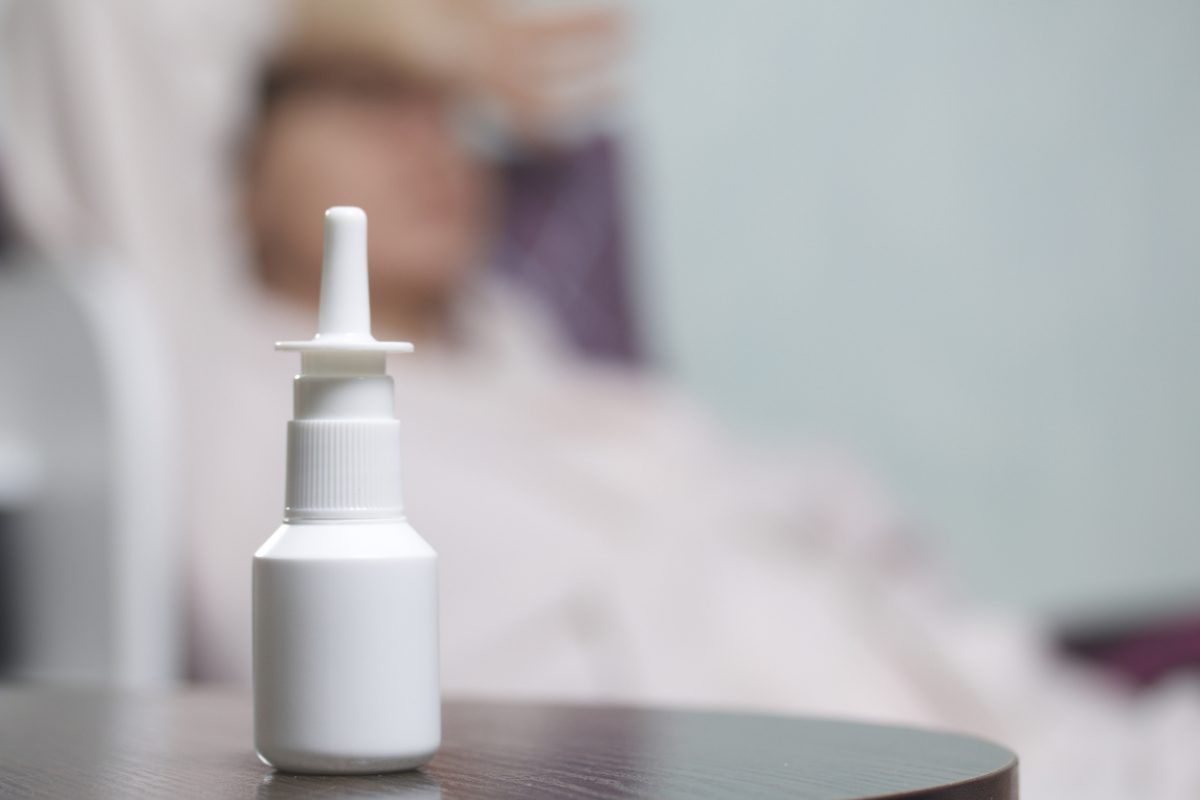The following is a statement from Postpartum Support International (PSI):
We are Postpartum Support International (PSI), the world’s largest organization representing parents affected by perinatal mental health disorders (PMHDs), including pregnancy and postpartum depression, anxiety, obsessive-compulsive disorder, post-traumatic stress disorder, bipolar disorder, and psychosis. PMHDs are the most frequent complications of childbearing and one of the leading causes of maternal mortality.
We are deeply concerned about the recent FDA panel discussion regarding selective serotonin reuptake inhibitors (SSRIs) in pregnancy. Research and clinical experience have shown that PMHDs can be successfully treated, and SSRIs are a vital part of a comprehensive mental health treatment plan. Extensive data from more than 30 years of research support the use of SSRIs in pregnancy. All nationally recognized maternal mental health organizations agree that a woman’s physical and mental well-being during pregnancy is the most important factor in the health of the woman, her child, and her family. Antidepressants, including SSRIs, are in fact the most studied class of medication used during pregnancy.
Focusing on psychiatric medication as being more dangerous than medications used for other medical conditions is an outdated notion that stigmatizes both women and the mental health field. Downplaying the effects of mental health disorders during the perinatal period is short-sighted and alarming. Medication is only one part of the toolkit to help people recover from PMHDs, but it has proven to be an important and life-saving tool. Contrary to opinions expressed on the July FDA panel, perinatal mental health experts believe that women struggling with depression, anxiety, and other PMHDs during pregnancy and postpartum desperately need timely care and proven psychiatric treatment options that can provide effective relief, enabling them to be healthy and present for their families.
Often, the most effective treatment involves a combination of therapeutic intervention (including peer support) and medications such as SSRIs, mood stabilizers, and antipsychotics. These medications make a huge difference in the well-being of many patients and in many cases, save lives. Especially for those without access to psychotherapy, SSRIs can offer a more accessible path to recovery. Fostering skepticism and stigma around their safety and effectiveness is dangerous.
The maternal mental health community was not adequately represented during the panel discussion, and most of the panelists do not specialize in treating perinatal mental health disorders. This is particularly concerning, as misinformation about SSRIs shared by panelists could deter mothers from seeking medications that can help alleviate their distress and despair.
We can — and must — do better for parents.
While it is not the role of an FDA panel to share resources (that is our role at PSI), we do expect reliance on evidence-based research, including past FDA reviews and the expert opinions of researchers and providers who have diligently focused on studying safe and effective treatments for PMHDs.
There are reliable resources available for families and providers seeking to understand the risks and benefits of medications during pregnancy and breastfeeding. No one should suffer in silence, and PSI continues to offer many ways for individuals, families, and providers to access non-judgmental support, information, resources, and treatment that meet their needs. We encourage pregnant and postpartum parents to reach out to the PSI Helpline for support at 1-800-944-4773 via voice or text, to visit postpartum.net, or download the Connect by PSI app, all available in English and Spanish.
For prescribing medical providers, PSI operates a Perinatal Psychiatric Consultation Program, where healthcare providers can access expert perinatal psychiatrists who are available to share their skills and research resources with fellow medical professionals. For more information, visit https://go.postpartum.net/PPConsult.
Additional Resources:
PSI – Get Help
U.S. Perinatal Psychiatric Access Programs
Mother to Baby
InfantRisk
MassGeneral – Women’s Health Blog
Reprinted with permission from Postpartum Support International.
This PDF is free for all visitors!





